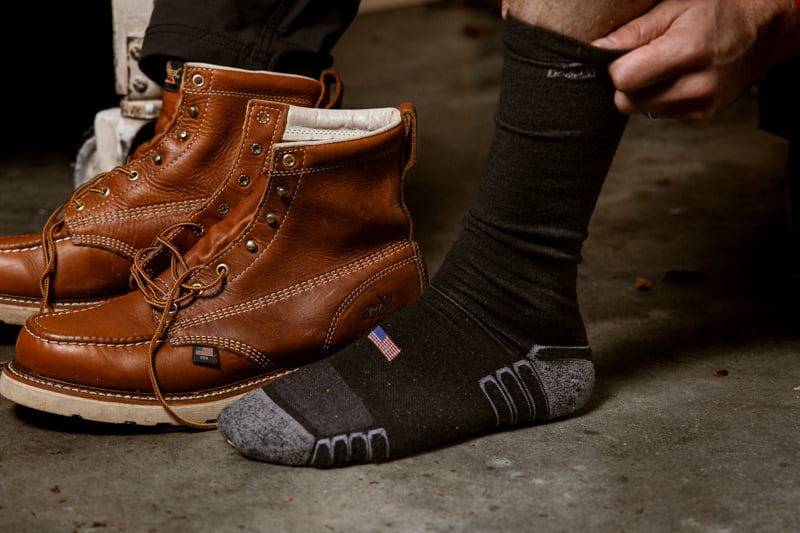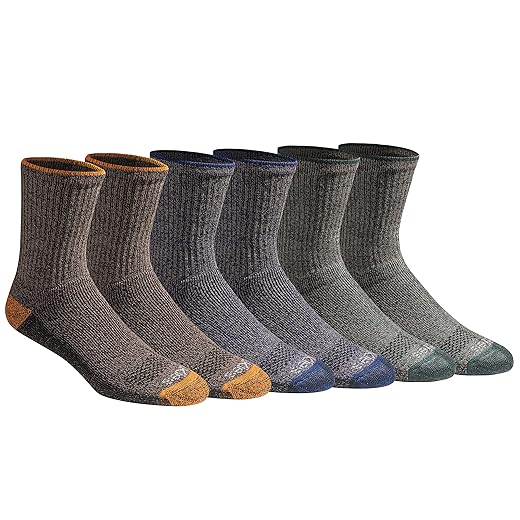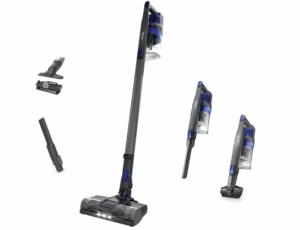Socks for work boots play a crucial role in providing comfort, moisture management, and protection for the feet in demanding work environments. These specialized socks are designed to enhance the overall performance of work boots, ensuring a comfortable and supportive experience during long hours of wear. Whether for industrial settings, construction sites, or outdoor activities, work boot socks are crafted with specific features to address the unique challenges faced by individuals in various occupations.

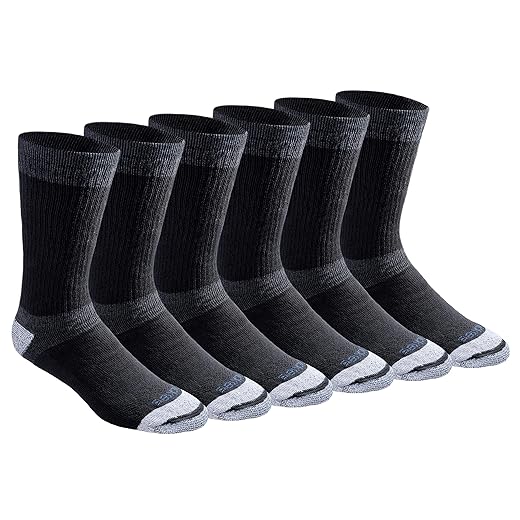

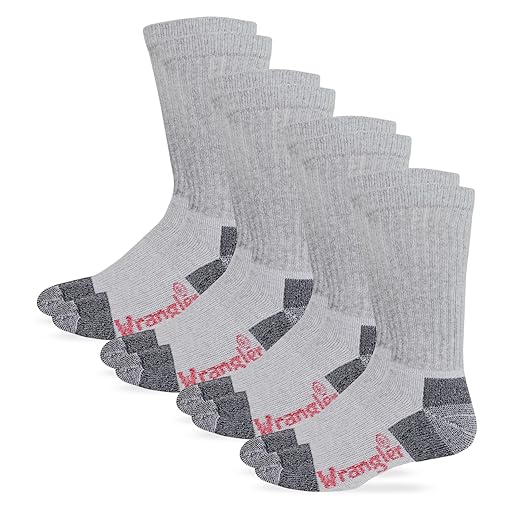
What socks are best to wear with work boots?
Choosing the best socks to wear with work boots depends on individual preferences, the specific work environment, and personal comfort needs. Here are some popular types of socks that are commonly recommended for wearing with work boots:
- Moisture-Wicking Socks:
- Materials like merino wool, synthetic blends, or moisture-wicking fabrics help keep feet dry by drawing moisture away from the skin. This is especially important in work environments where sweat and moisture can lead to discomfort and blisters.
- Cushioned Socks:
- Socks with extra cushioning in the heel and ball of the foot provide added comfort and shock absorption, making them suitable for individuals who spend long hours standing or walking.
- Compression Socks:
- Compression socks can improve blood circulation and reduce swelling, making them beneficial for individuals who are on their feet for extended periods. They are particularly useful for jobs that involve prolonged standing or strenuous activities.
- Reinforced Toe and Heel Socks:
- Socks with reinforced toe and heel areas are more durable and resistant to wear and tear. This can be advantageous in work environments where boots may cause extra friction.
- Seamless Toe Construction Socks:
- Socks with seamless toe construction minimize the risk of irritation and blisters, providing a more comfortable fit inside work boots.
- Thermal or Insulated Socks:
- In colder climates or during winter months, thermal or insulated socks provide extra warmth and insulation to keep feet comfortable in cold conditions.
- Antimicrobial Socks:
- Socks with antimicrobial properties help control odor and bacteria, promoting foot hygiene in situations where boots are worn for extended periods.
- Breathable Socks:
- Socks with breathable zones or mesh panels enhance ventilation, preventing excessive sweating and maintaining a comfortable foot temperature.
- Length:
- The length of the sock may depend on personal preference and the type of work boots. Some individuals prefer crew socks for additional ankle support, while others may opt for taller socks for added coverage.
When choosing socks for work boots, it’s essential to consider the specific requirements of the job, the climate, and any personal comfort preferences. Experimenting with different sock types and materials can help individuals find the best combination for their needs. Additionally, keeping an extra pair of socks on hand for changing during the day can contribute to overall foot comfort.
Are thick or thin socks better for work boots?
The choice between thick and thin socks for work boots depends on various factors, and there isn’t a one-size-fits-all answer. Both thick and thin socks offer distinct advantages, and the decision often comes down to personal preference, the work environment, and individual comfort needs. Here’s a breakdown of the considerations for each type:
Thin Socks:
- Breathability: Thin socks are generally more breathable, making them suitable for warmer climates or situations where feet are prone to sweating.
- Precision Fit: Thin socks provide a closer fit to the foot, allowing for better precision and control. This can be beneficial in jobs that require a high level of dexterity.
- Quick Drying: Thin socks tend to dry faster than thicker ones, which can be advantageous in situations where moisture management is crucial.
- Less Bulk: Thin socks take up less space inside the boots, providing a snugger fit and leaving more room for the foot.
Thick Socks:
- Cushioning and Comfort: Thick socks offer more cushioning, providing additional comfort and shock absorption. This can be especially beneficial for individuals who spend long hours on their feet or work in environments with hard surfaces.
- Insulation: Thicker socks provide better insulation, making them suitable for colder climates or winter conditions. The extra warmth can be essential for maintaining comfort in low temperatures.
- Protection: The added thickness can provide additional protection against friction and rubbing, reducing the risk of blisters and abrasions.
- Durability: Thicker socks often come with reinforced areas in the heel and toe, contributing to overall durability and longevity.
Considerations for Choosing:
- Temperature:
- Thin socks are generally better for warmer temperatures, as they offer breathability and help keep the feet cool.
- Thick socks are preferable in colder climates, providing insulation and warmth.
- Work Environment:
- Consider the nature of the work environment. If the job involves a lot of walking, standing, or heavy machinery, thicker socks with extra cushioning may provide better comfort and support.
- In office or less physically demanding environments, thin socks may be more suitable.
- Boot Fit:
- The fit of the work boots can influence sock choice. If the boots have a snug fit, thin socks may be preferred to avoid additional bulk.
- In looser-fitting boots, thicker socks can help fill the space and provide a snugger fit.
- Personal Comfort:
- Individual preferences play a significant role. Some people prefer the feel of thin socks for a more minimalist sensation, while others prioritize the cushioning and warmth of thicker socks.
- Moisture Management:
- Thin socks are generally better at wicking away moisture, reducing the risk of sweaty feet.
- Thicker socks with moisture-wicking properties can also be effective, but proper ventilation is crucial.
- Activity Level:
- For more active jobs that involve a lot of movement, thin socks may allow for better agility and flexibility.
- Jobs with less physical activity or those that require prolonged periods of standing may benefit from the added comfort of thicker socks.
- Foot Health:
- Consider any specific foot health concerns. Individuals with conditions like plantar fasciitis may find the extra cushioning of thicker socks more supportive.
Ultimately, the best choice between thick and thin socks for work boots depends on personal comfort preferences, the specific demands of the job, and environmental conditions. It’s not uncommon for individuals to have a variety of socks for different situations, allowing them to adapt to changing needs. Experimenting with both types can help determine the most comfortable and practical option for each individual.
Related Posts
SofaBaton X1S Universal Remote Review – Control Everything with One Smart Remote
Add Your Heading Text Here Products recommended in the post...
Read More☕ Ninja Luxe Café 3-in-1 Coffee Machine Review – Barista-Quality Brews at Home
🌞 Quick Introduce If you dream of café-quality drinks at...
Read More🌬️ BLUEAIR Air Purifier Review – Smart, Stylish, and Powerful for Large Homes
Quick Introduce Air quality matters more than ever—whether it’s dust,...
Read MoreTired of Pet Hair? This Shark Cordless Pet Vacuum Might Be Your New Favorite Tool
Say hello to your new favorite cleaning weapon: the Shark...
Read MoreProducts recommended in the post contain affiliate links. We may receive a commission when you buy something through our posts.
Why Trust Us
You will find what you are looking for at Black Friday Weeks. From classic to luxury brands, you'll find both. We will help you to select appliances that fit your needs, budget and lifestyle. Whether you want to stop by to learn more — or plan to make a major purchase — we’ll treat you like family and assist you every step of the way. Shop with us today to receive friendly and experienced help along the way.

